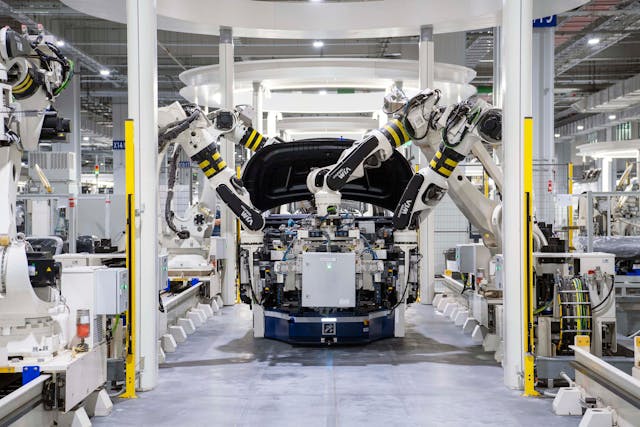Manufacturing
Predictive Maintenance: By incorporating sensors and data analytics into manufacturing equipment, automation makes predictive maintenance possible. Real-time machine performance monitoring is provided by these systems, which also identify irregularities and anticipate future malfunctions before they happen. Manufacturers can save maintenance costs, eliminate downtime, and increase equipment longevity by anticipating and resolving maintenance concerns.
3D Printing: By facilitating the quick development and production of intricate parts and components, additive manufacturing, often known as 3D printing, is completely changing the industrial sector. By enabling manufacturers to create personalized goods with shorter lead times, lower prices, and less material waste, 3D printing technologies open up new possibilities for creativity and personalization.
Personalized Mass Production: Automation brings together the flexibility of customization and the efficiency of mass production to enable personalized mass production. Modern automation techniques, such robotic assembly and additive manufacturing (3D printing), enable producers to create personalized goods in large quantities without compromising productivity or economy of scale.
Collaborative Robotics (Cobots): Automation uses cobots, or collaborative robots, to promote human-robot collaboration. Cobots, as opposed to conventional industrial robots, are made to operate alongside humans, supporting them in jobs that call for dexterity, strength, or repetitive action. Cobots encourage a safer and more inclusive workplace atmosphere.

